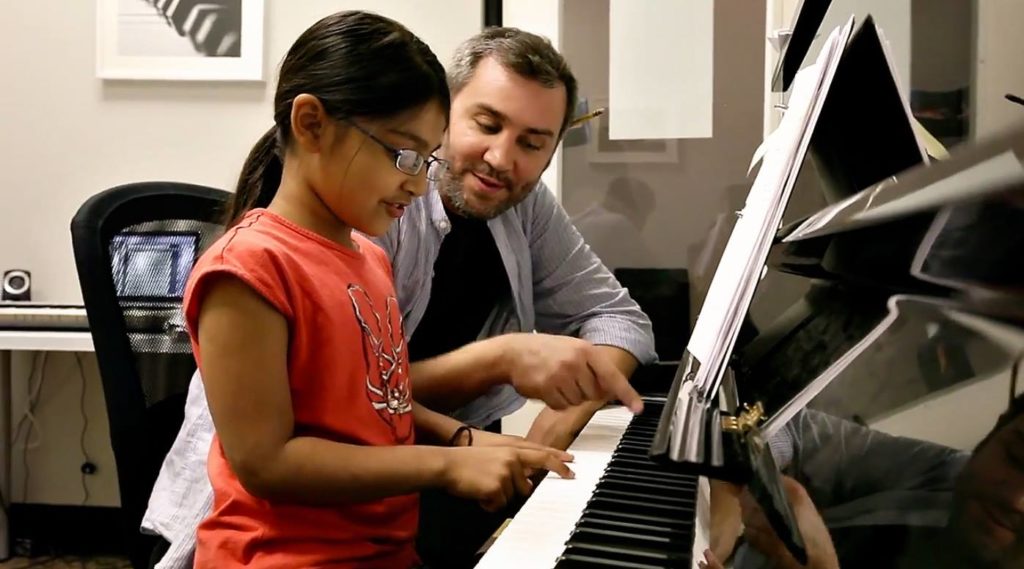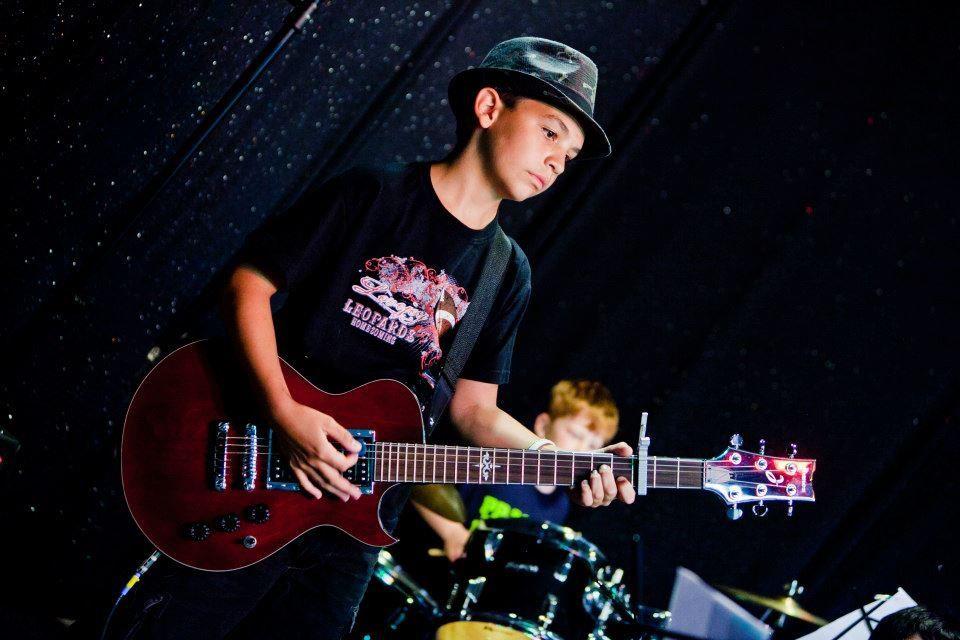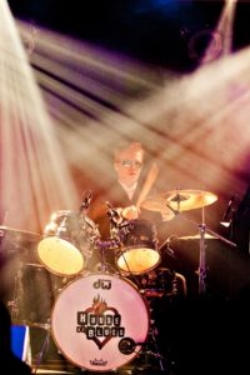When choosing a music teacher for yourself or a family member, it’s important to consider the characteristics of successful music lessons. You want a great music teacher, and great music teachers use specific strategies to help their students reach the highest goals possible.
Robert Duke and Amy Simmons studied the pedagogical approaches of a highly-regarded music teacher to determine what made their lessons so successful. They identified several important factors common to all of the approaches offered by the teachers. These factors were divided into three categories: Goals and Expectations, Effecting Change and Conveying Information.
Goals and Expectations
The lessons provided by these teachers were centered around interpretation and expression and were within the skill capabilities of the individual students. While some students required more time to practice fundamentals, they all had the capacity to learn the pieces over time.
The music teachers were able to apply their expertise and experience to unknown pieces of music, enabling them to guide students through the works as if they had earlier experience with them.
A consistent standard of quality was expected of each individual student. If the sound being produced was less than standard, the lesson was halted and that part of the piece was practiced until standards were met.
The teachers had a clear memory of the past lessons they had with students and would make comparisons to those lessons to point out positive and negative issues.
Effecting Change
The individual pieces performed by students were presented from the beginning through to the end. This enabled students to develop a habit of playing music as though each practice was a performance.
The music being played was halted only when a major error was presented. This gave students a truer sense of the sounds of an accurately played performance in its entirety.
The teachers set lesson targets and had their students repeat the target pieces until they were of a performance standard. Achievable areas of improvement were selected, feedback and guidance were offered and students were expected to continue to play until the piece was performed correctly.
Students were allowed to make their own interpretative decisions in a repertoire performance. However, the range of options was limited and determined by the teacher.
Conveying Information
Effective music teachers are able to make consistent, precise discriminations about the performances of their students, teaching the students to independently make similar discriminations. The feedback provided helped students to hone their listening abilities in order to better appreciate the subtle details of their performances. This ability to better discriminate allowed the students to raise their performance standards.
The feedback provided was always given in terms of technique mastery and the music being expressed. Both positive and negative feedback was provided. Positive feedback was intermittent and infrequent but powerful. Negative feedback was more frequent, clear and specific to the performance of each student.
Teachers played examples from the repertoires of the students to model accurate technique and standards and demonstrate crucial points.
For information about highly regarded music lessons in the Frisco, TX, area, call Matt Burk Music Studio at (469) 353-6100 today!
Music Lessons Frisco TX
Matt Burk Music Studio
1701 Legacy Drive, Ste. 150
Frisco, TX 75034
United States
(469) 353-6100



















